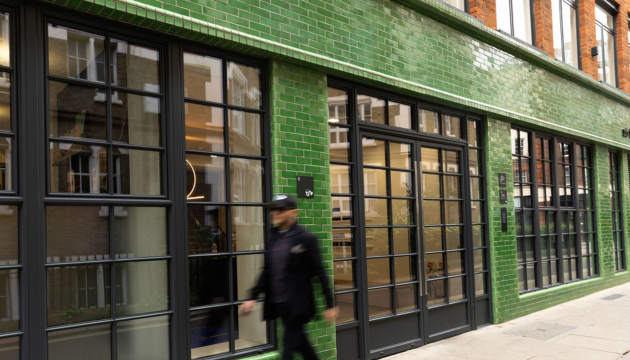The results
Following systematic analysis of 6 countries – UK, Germany, Spain, Sweden, Italy, and Czech Republic – the Carbon Trust’s research concludes that remote working saves carbon emissions on average throughout the year in all 6 regions. Their analysis considers 3 areas:
- Average avoided commuting emissions from homeworking
- Average avoided office-related emissions from homeworking
- Average domestic-related emissions from homeworking
They also conclude that Germany and Italy have the greatest potential to enable carbon savings through remote work, whilst Sweden has the lowest potential. Why is this?
In Germany, potential carbon saving relates to their large working population and relatively large proportion of remote working jobs. Meanwhile, in Italy, these savings are due to reduced use of inefficient office buildings. Sweden, conversely, has highly efficient office space. They have exceptionally low electricity grid intensity and low gas consumption rate. Therefore, Italy’s WFH carbon saving potential is 8x greater than that of Sweden (1,861 compared to 243 kgCO2e/ remote worker/ year).
In the UK and Spain, potential remote working savings represent 4MtCO2e/year – equivalent to 28 million one-way flights from London to Berlin (compared with 60 million flights for Italy and 83 million for Germany). The UK also shows the greatest increase in days per week worked from home: 1.6 pre-Pandemic to 4.2 days per week. It’s worth noting, this provides a greater case for UK home solar panel installation in the future.
Granular patterns
However, when looking at more granular patterns – such as seasonal, regional, and individual behaviour – homeworking carbon savings are less clear cut. For example, colder climates such as Germany experience greater savings working from the office during winter months due to greater heating consumption in homes.
Additionally, office workers during Spain’s summer months experience greater savings due to the significant amount of energy for domestic cooling at home. However, if living in a rural Spanish area – with a long commute by car – remote work results in the most carbon saving all year round.
In a hybrid working world, there’s also a risk that households are split between remote and office work. In a worst-case scenario, this split would result in more carbon emissions as both office and home are fully operating to support workers.
Conclusion
So, what does this all mean? Juan who lives in a rural campesino community in València saves more carbon all-year-round WFH, whilst Ingrid, dwelling in Munich’s metropolis, saves more carbon working from the office in the winter, but from home in the summer! Like Germany, the UK experiences more temperate summers (without the need for widespread A/C) and thus WFH has the potential to be the greener option in summer months, and office working greener during winter months.
In other words – although we can broadly say hybrid is greener – regional and seasonal variations are key.
With a more nuanced, case-by-case view, we can better understand the carbon impact of hybrid working – and take an informed approach in the way we plan for sustainable remote working in the future.





